Beverly Ress
I have been drawing representationally for many years, using found objects. For 2 summers, I was an informal artist-in-residence in the Birdskin Collection at the Smithsonian’s Natural History Museum, drawing some of the objects in their collection. I became aware of the significant number of science-based specimen collections in this area and beyond. They have since become a focus of my drawing. I explore the ways in which ideas & images from science intersect with representational drawings of objects from museum collections, to create a contemporary form of memento mori.
I have spent, and continue to spend, quite a bit of time drawing specimens at the National Museum of Health and Medicine in Silver Spring. I also spent a few weeks drawing at the Mutter Museum in Philadelphia, as a Wood Institute Travel Grant recipient.
I love the challenge of drawing representationally – it feels like a puzzle to visually take apart, and then re-create a scene or an object. I am very interested in working with space within the picture plane, as a positive, rather than an emptiness. And, once I have drawn something as perfectly representationally as I can, I like letting it go – taking a chance on ruining it by cutting it, or letting mold grow on it, or letting beetles chew into it. That process of ‘letting go’ is tied to the idea of memento mori – ‘remember death’ – and so is important to the work, conceptually.
In addition to working with scientists in the Mammalian Brain Lab at George Washington University, the Mutter Museum, that National Museum of Health and Medicine, and the Smithsonian Natural History Museum, I was an invited speaker at the conference, ‘Confronting Mortality with Art and Science’ in 2007, and my essay is included in the book of the same name.
Person TypeArtist


















